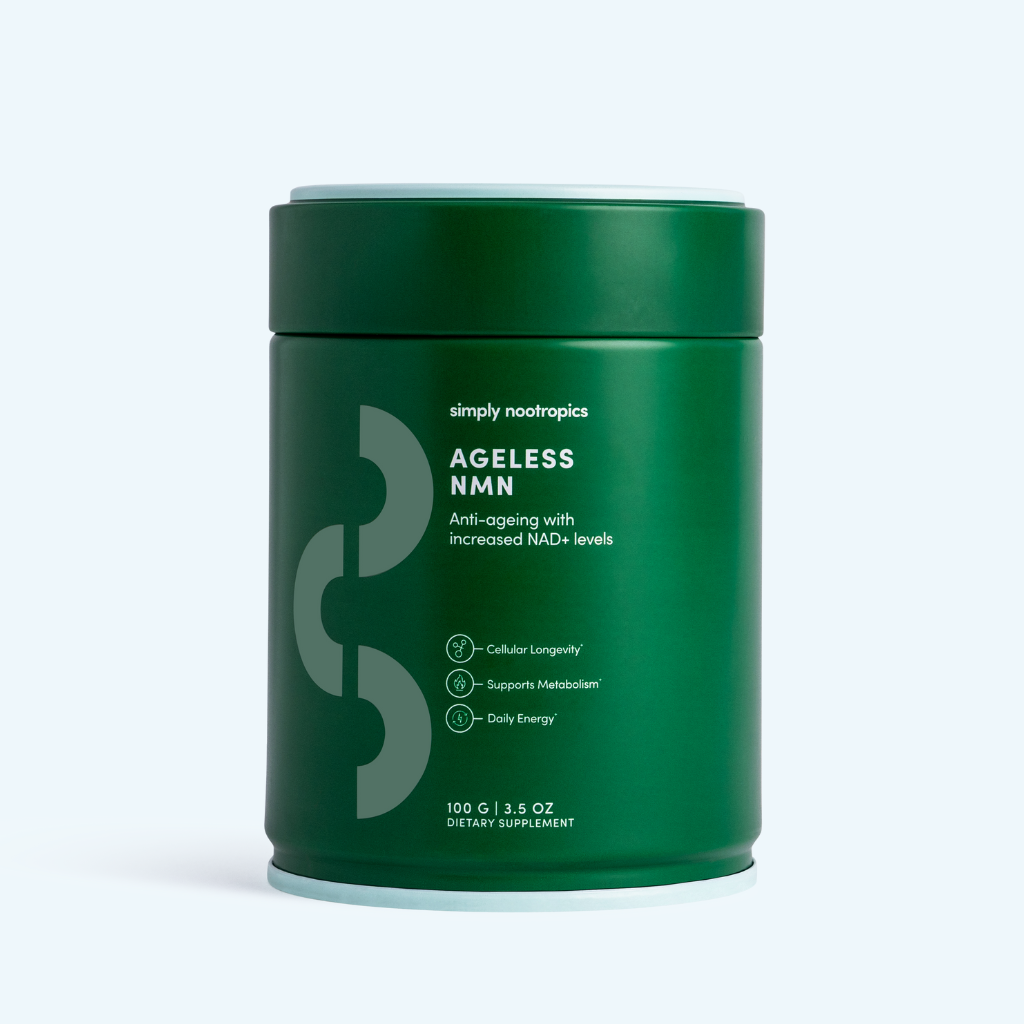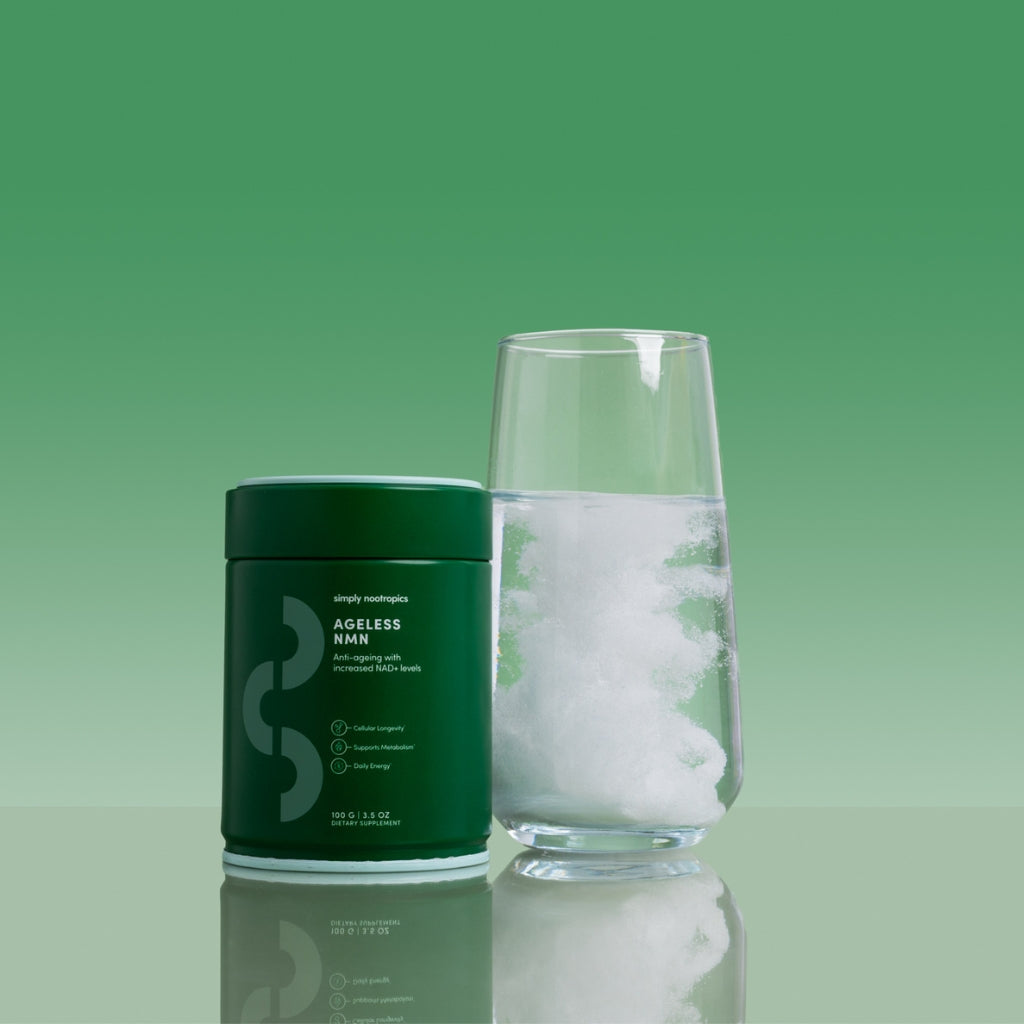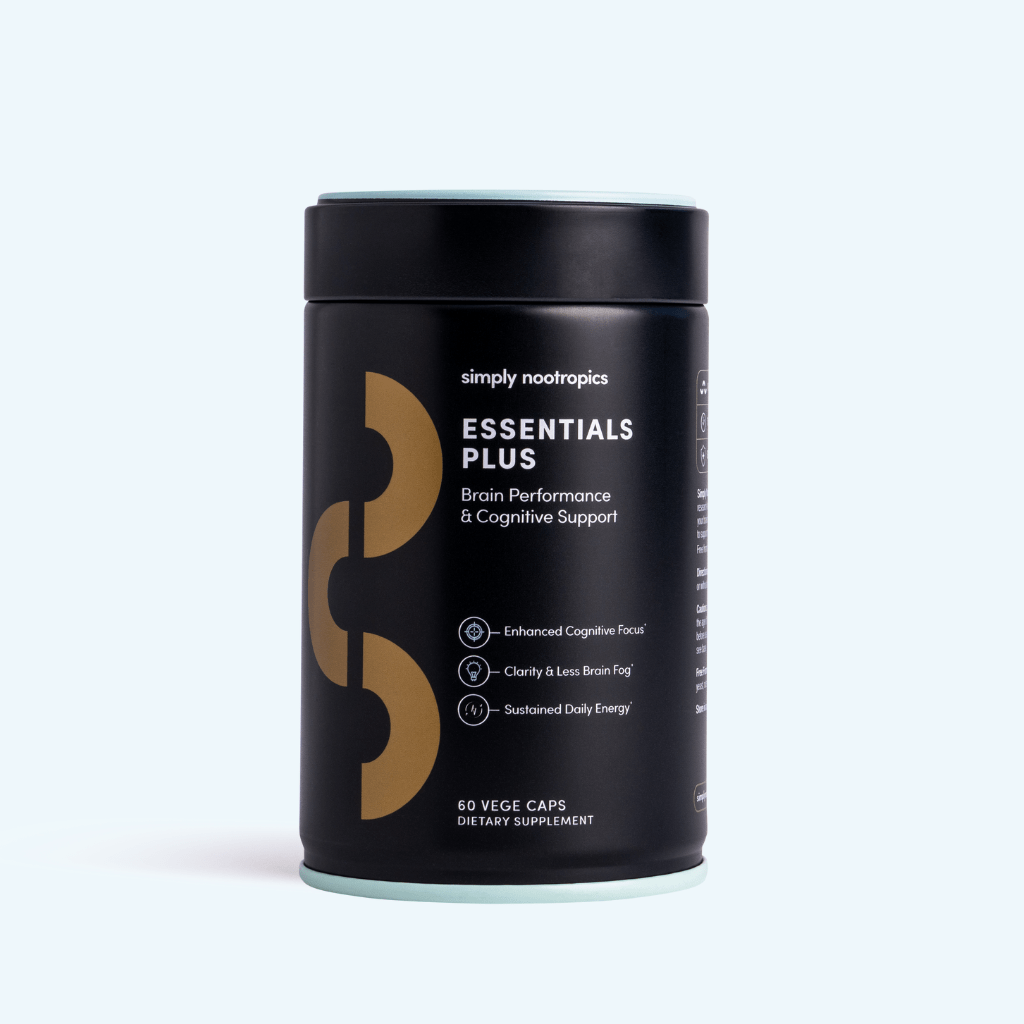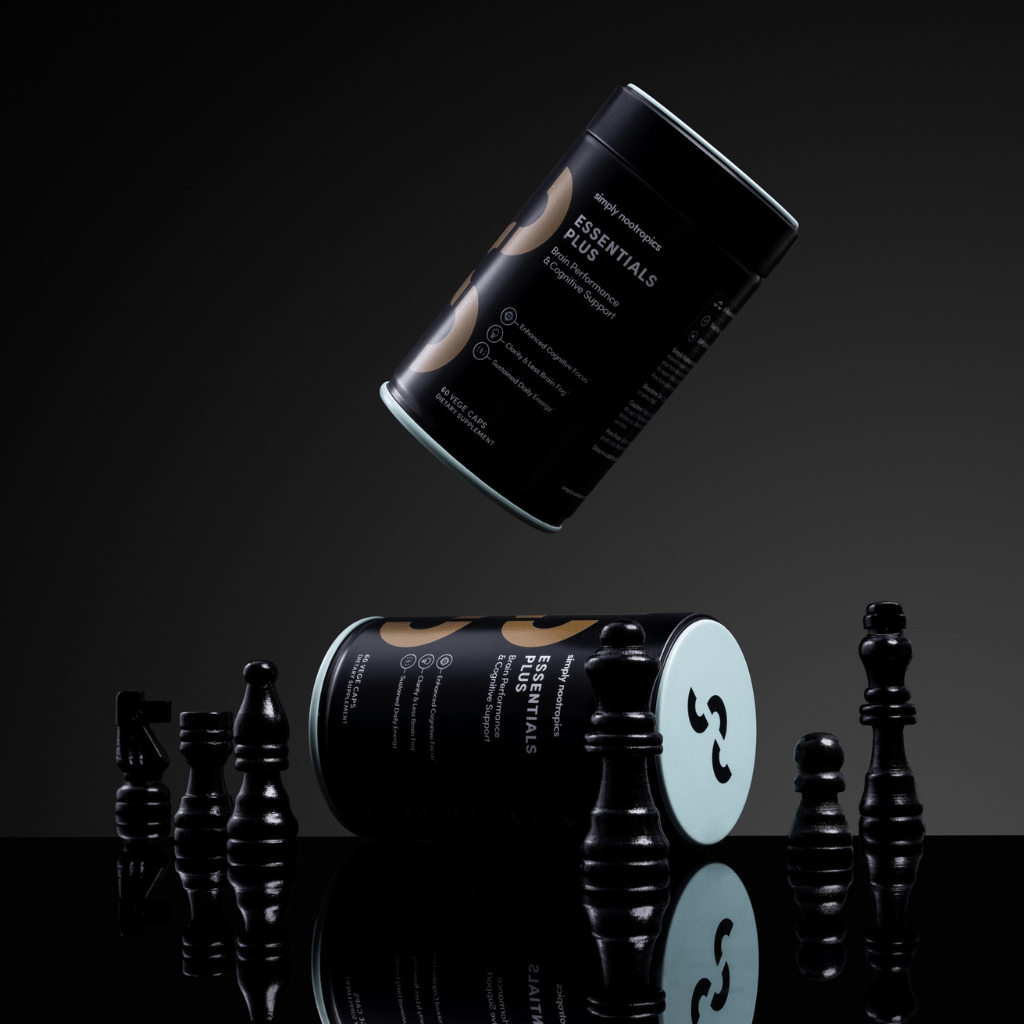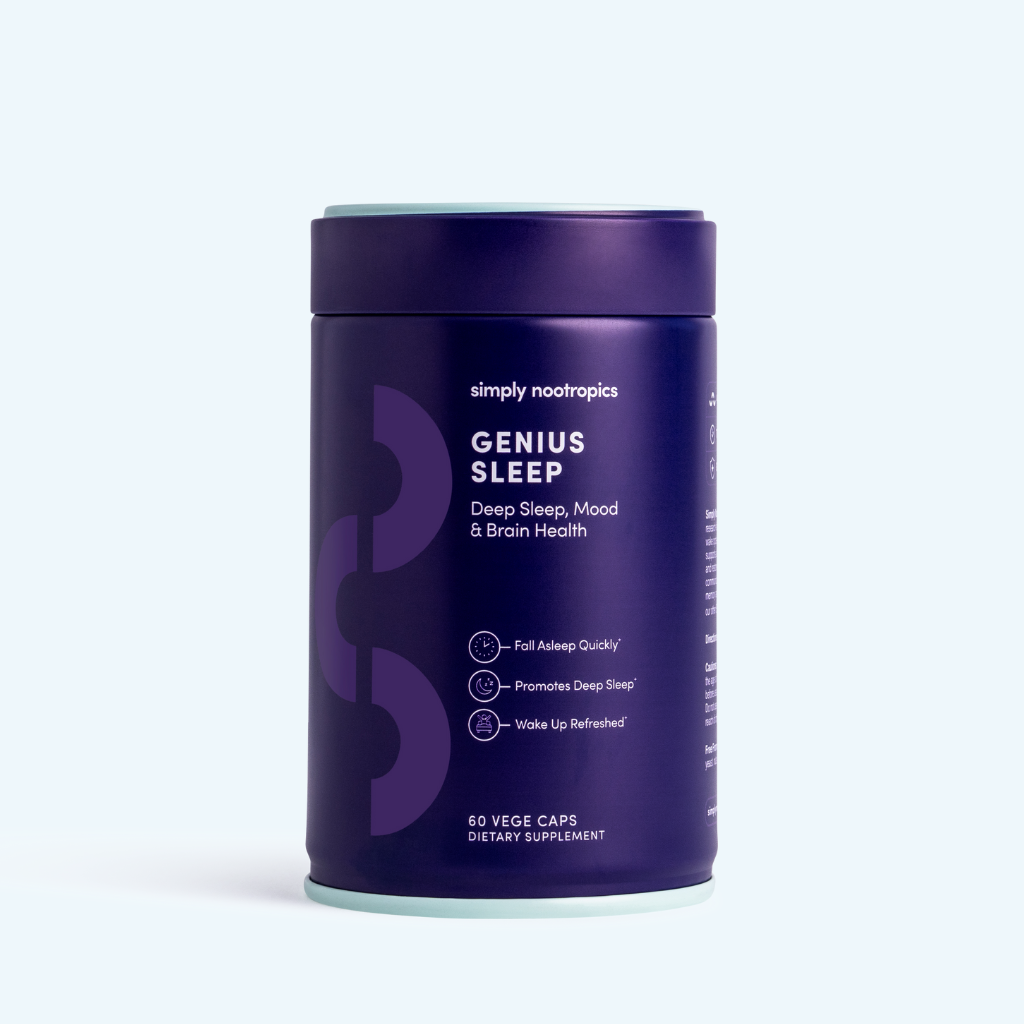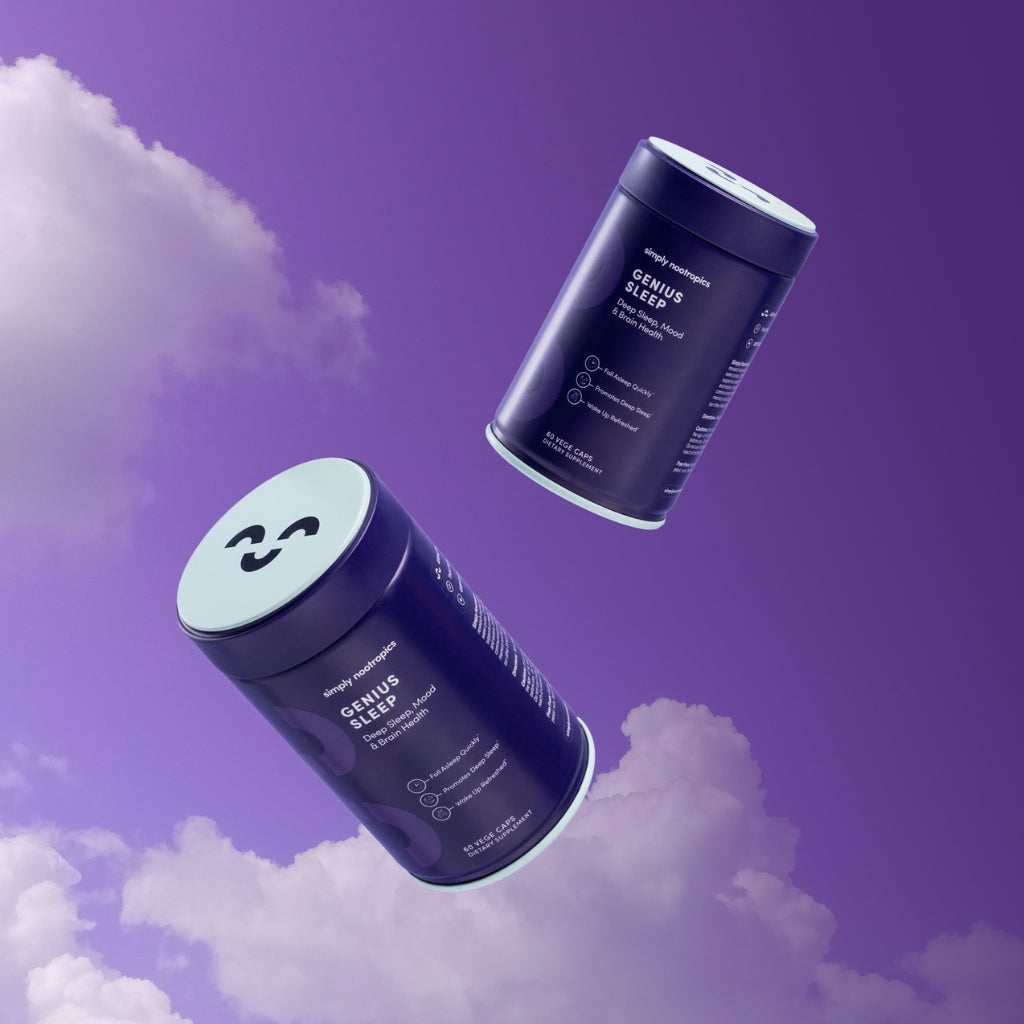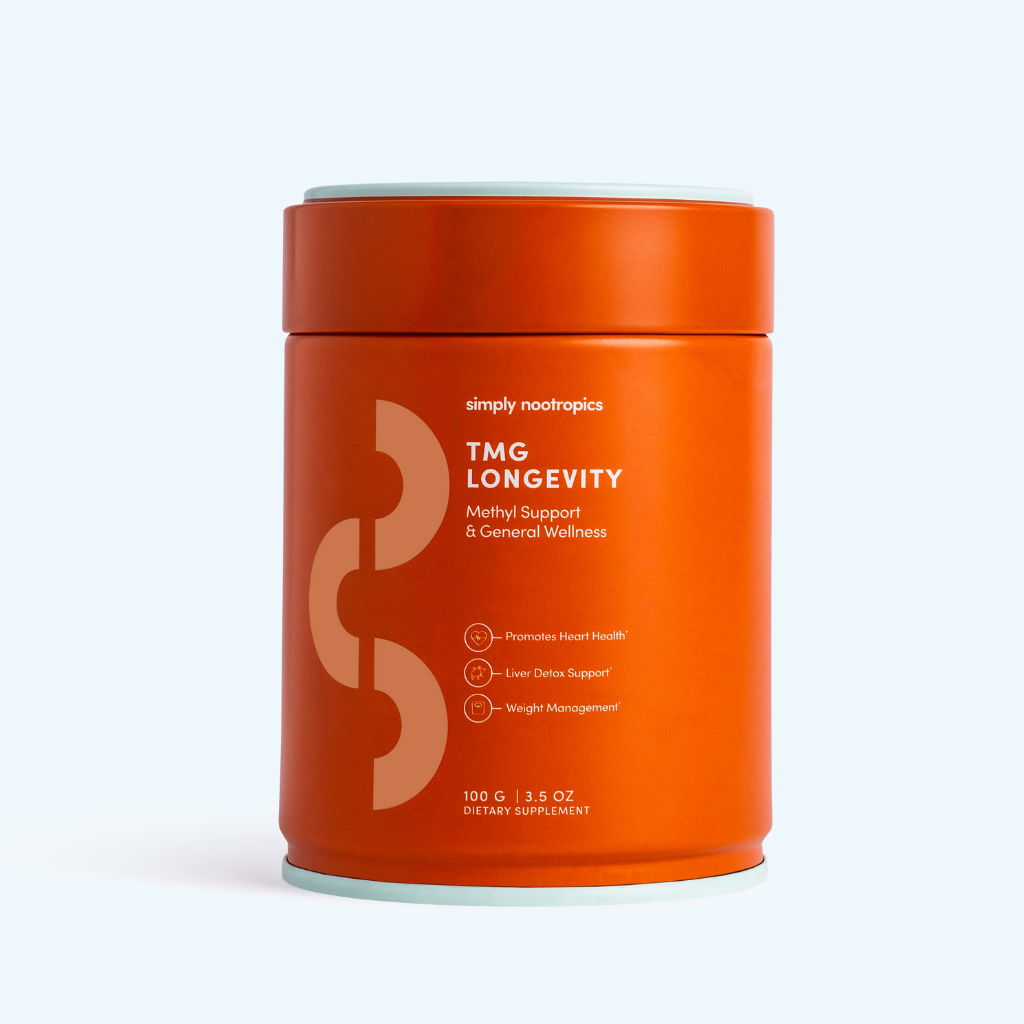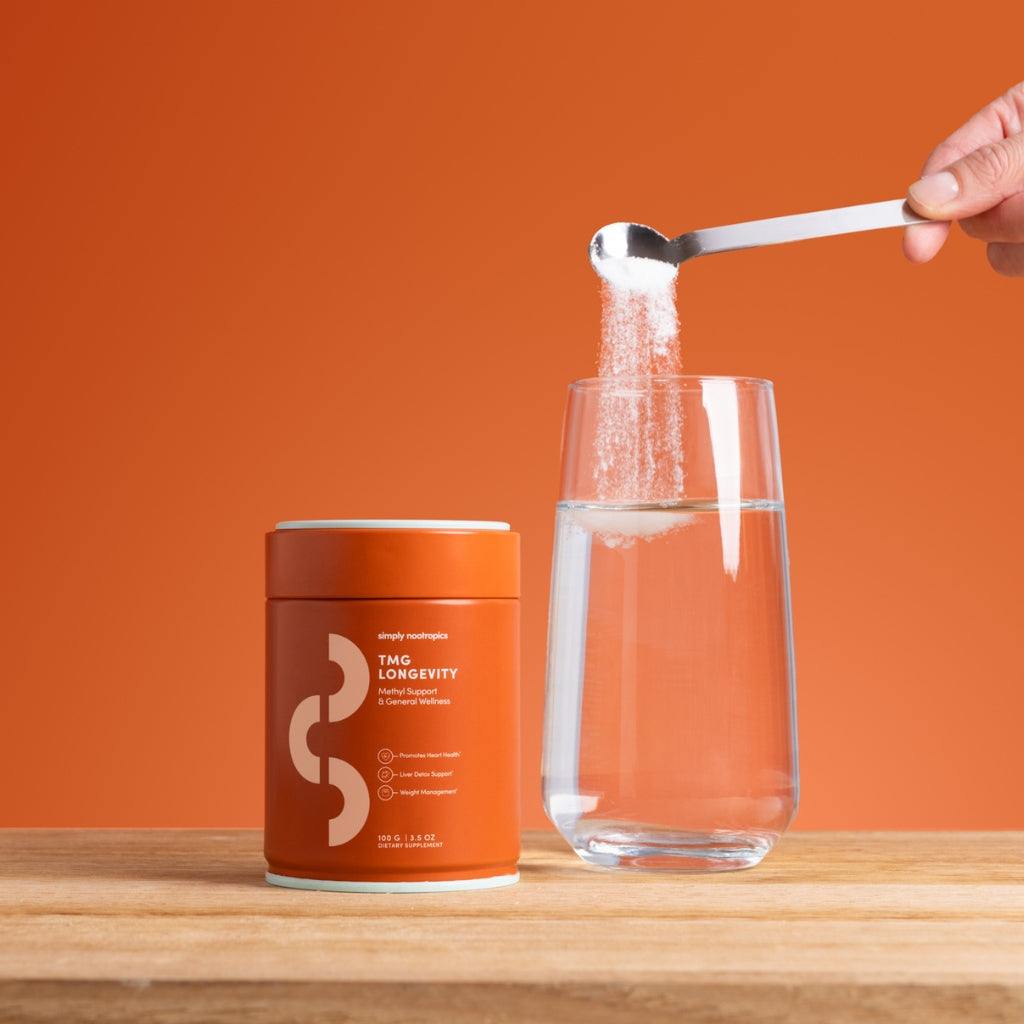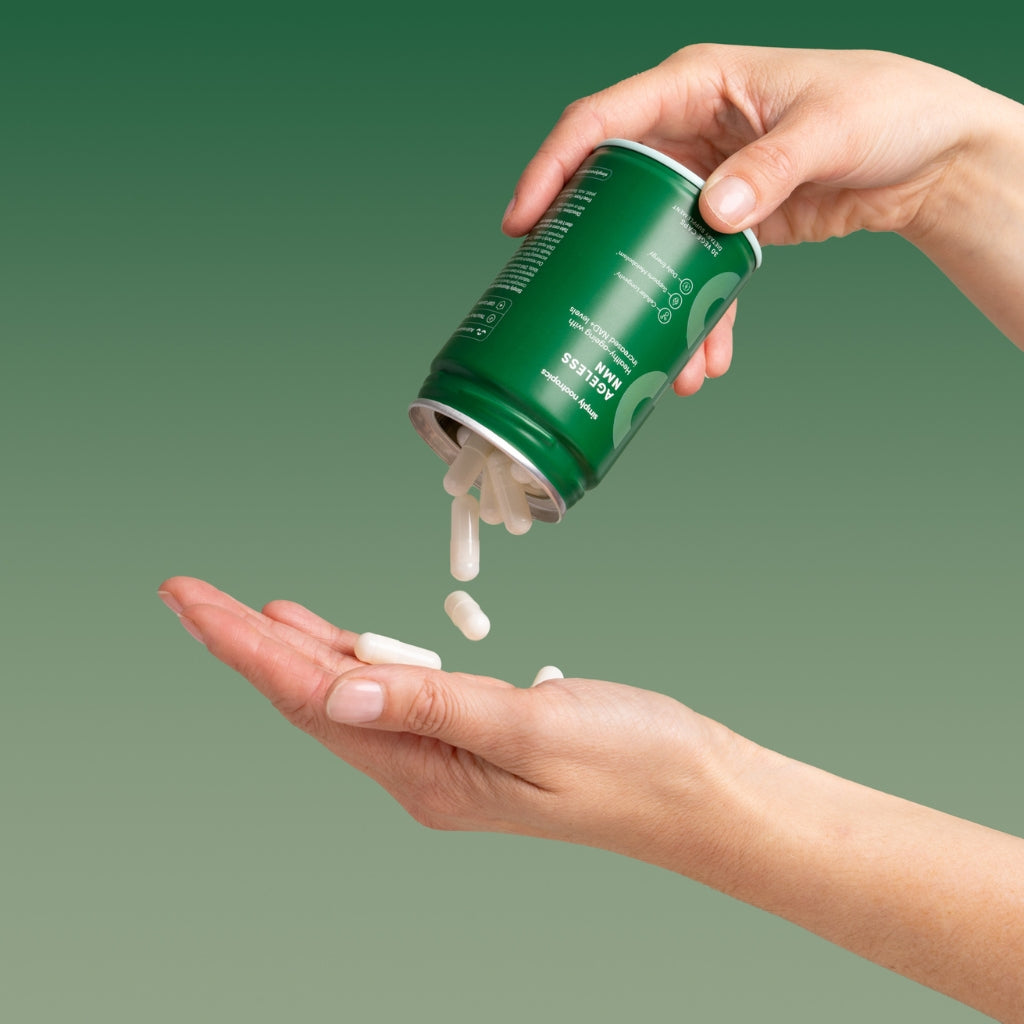Is it Better to Take NAD or NMN?

Is it Better to Take NAD or NMN?
When deciding between NAD+ supplements and NMN (Nicotinamide Mononucleotide), it’s important to note that NMN is one of the most efficient precursors for NAD+ production. NMN is converted directly into NAD+ through a one-step process, which may allow for more consistent cellular energy and DNA repair. NAD+ itself is less stable and can degrade quickly when ingested, making NMN a more reliable option for maintaining NAD+ levels. Additionally, NMN is known for its stability in the bloodstream, enhancing its long-term effectiveness.

What is the Best Form of NAD+?
The best form of NAD+ is one that efficiently converts to NAD+ in the body. NMN and NR (Nicotinamide Riboside) are considered the most effective options. NMN is a direct precursor, meaning it’s just one step away from becoming NAD+. It’s also stable in the bloodstream, ensuring consistent absorption. NR, on the other hand, has high bioavailability, making it another excellent option for boosting NAD+ levels and supporting metabolic health and cognitive function.

Does NR Increase NAD?
Yes, NR (Nicotinamide Riboside) effectively increases NAD+ levels. As a direct precursor to NAD+, NR is quickly absorbed and utilized by the body. It supports mitochondrial function, cellular energy production, and promotes healthy aging. Research has shown that NR can boost NAD+ levels efficiently, supporting overall metabolic health. For those looking to enhance cognitive function and energy, NR is a reliable option.

Why Does David Sinclair Take NMN Instead of NR?
David Sinclair, a well-known longevity researcher, prefers NMN over NR because of its stability and efficiency in the NAD+ conversion pathway. NMN is one step closer to NAD+ than NR, which may allow for more efficient and quicker NAD+ production. Additionally, NMN has been extensively studied and is known to support DNA repair, cellular health, and energy production, aligning with Sinclair’s focus on longevity and anti-aging research.


